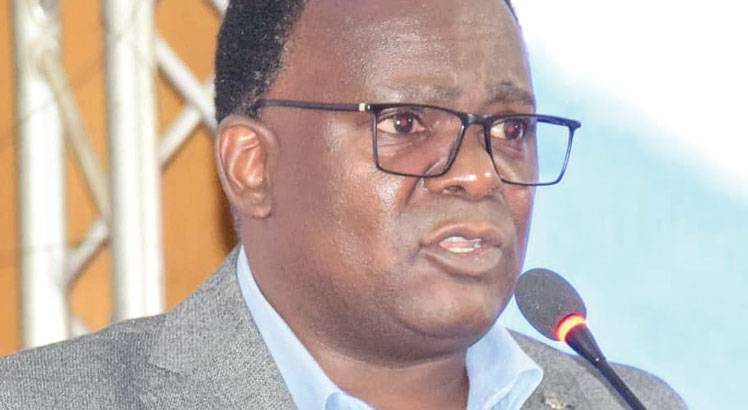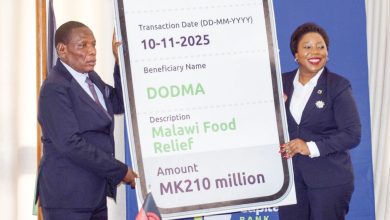HRDC demands transparency on fuel, electricity, water crises
Human Rights Defenders Coalition (HRDC) has called on government to issue a report explaining the cause of fuel, electricity and water shortages facing the nation.
A statement dated November 10 2025, co-signed by HRDC chairperson Michael Kaiyatsa and national coordinator Kelvin Chirwa, calls on President Peter Mutharika to urgently summon a high-level task force to tackle the three-fold crisis.

The rights body says the task force should comprise Malawi Energy Regulatory Authority (Mera), National Oil Company of Malawi (Nocma) and the civil society to oversee “immediate restoration of fuel, water, and power supply”.
Reads in part the statement: “For over a month, the nation has been plunged into an avoidable crisis that reflects not just administrative failure but also a serious breach of fundamental human rights—the right to an adequate standard of living, access to basic services and the right to dignity.
“It has now been over 40 days since President Mutharika assumed office, yet the crippling fuel shortages that first emerged under the previous administration persist with no clear, transparent or honest communication from government.”
In the statement, HRDC also condemns government’s attribution of the fuel crisis to post-election unrest in Tanzania, saying the shortages persist despite the protests in Tanzania having ended.
“HRDC strongly condemns the lack of transparency from both Mera and Ministry of Energy. Instead of providing truthful, consistent updates and concrete solutions, the public has been subjected to half-truths, conflicting statements and empty promises,” reads the statement.
The rights group further calls on Parliament to summon responsible ministers and regulators to explain the on-going crises while implementing long-term energy and fuel management strategies.
Minister of Information and Communications Technology Shadric Namalomba did not respond to our calls and questionnaires on the demands made by HRDC as we went to press at 7pm yesterday.
However, last week, he said demands by fuel suppliers for Malawi to clear about $60 million (about K105 billion) debt compounded the country’s fuel woes as they suspended supply.
Namalomba said apart from the post-election violence in Tanzania that disrupted supply and the movement of fuel to Malawi, the outstanding debt was another contributing factor.
He said: “We found that the suppliers were not being paid, there were a lot of arrears. It was about $60 million. For them to supply, they were insisting that we give them the money first, otherwise, there would be no supply.
“We managed that issue, making available the forex to both Nocma and Petroleum Importers Limited. We have also liaised with the suppliers to say, ‘we are a new government, please open up your lines of credit while we are looking for money’.”
Namalomba assured that supply would stabilise in the next 48 to 60 hours.
On the other hand, Electricity Supply Corporation of Malawi (Escom) and Electricity Generation Company (Egenco) last week also assured that they were “working tirelessly” to stabilise supply.
Escom chief public relations officer Pilirani Phiri attributed blackouts to reduced generation from their main power producer, Egenco, which was facing technical faults on key machines.
In a press statement issued on November 4 2025, Egenco confirmed that its current available generation capacity stands at 347.35MW, following technical faults at Tedzani III Unit 5 and Nkula B Unit 5 (20MW).





